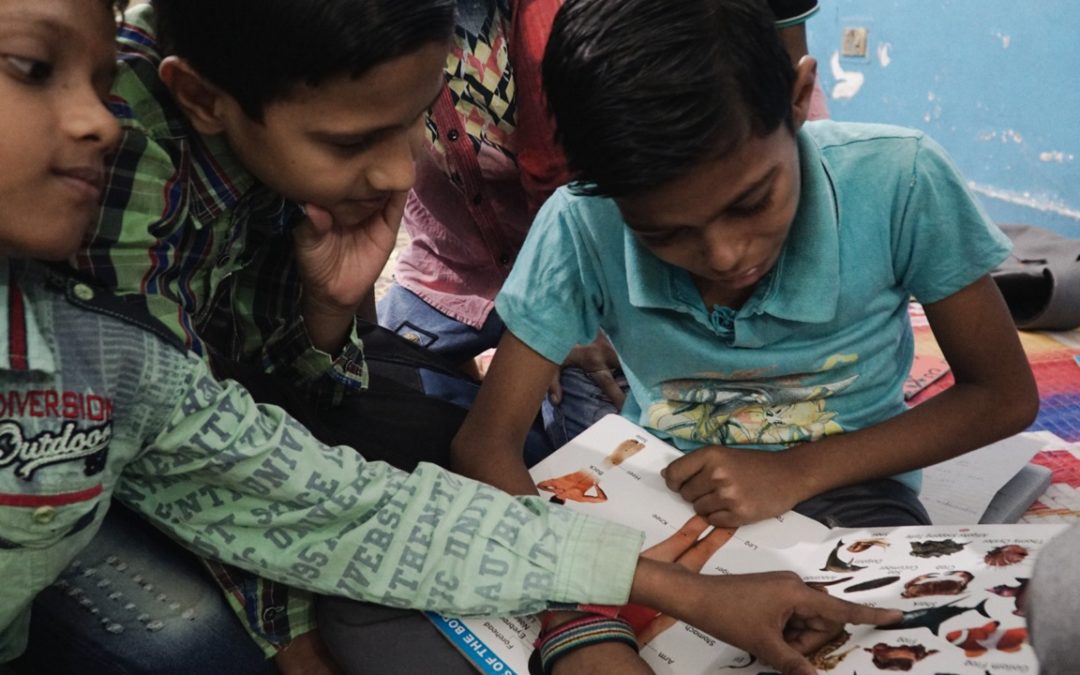One of the challenges we face at Project Why is to provide quality and meaningful education. In the present educational scenario in India where only marks count, this challenge becomes even more daunting as though it is important to try and ensure that our children get ‘good’ marks in order to get admission in an affordable college, it is also imperative to prepare them for the rapidly changing work scenario. According to a report by the World Economic Forum 65 percent of the jobs elementary school students will be doing in the future do not even exist yet!
The question that comes to mind is: what then are the skills required for the future and how can they be taught to the children now.
Education specialist Tony Wagner has identified 7 such skills and they are a far cry from what is being taught specially in India.
The first skill is: critical thinking and problem solving. We need to teach children how to ask questions. This is what will bring innovation as only by being critical of what is, can we be able to bring about change. Now in a scenario where rote learning is essential, this is indeed a huge challenge.
Next is the ability to collaborate across networks and lead by influence. With the growth of remote and non-permanent workers leading will not be the commanding from the top, but the ability to lead by influence or example. Indeed a big challenge again
Now comes the ability to adapt and continually re-learn. Again a far cry from what education teaches today.
Next come initiative and entrepreneurship and of course the ability to communicate orally and in writing followed by assessing and analysing information a daunting task indeed.
And last but not the least is curiosity and imagination, rekindling the child like awe that is lost far too early, more so in India when the 3 Rs begin at the tender age of 4!
Most of these skills are contradictory to what is taught in schools today and yet if we want our children to succeed in the future it is essential to inculcate them slowly but surely.
At Project Why, we are taking baby steps in this direction by giving our children time to be innovative, to think out of the box, to develop their imagination and creativity and to better their communication skills. We hope that our efforts will go a long way in shaping their tomorrows.

